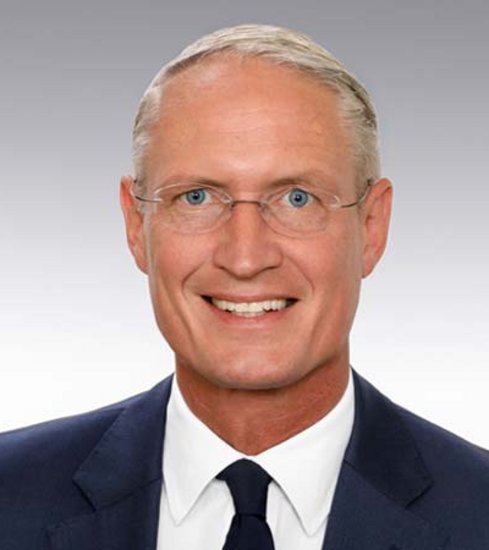Supreme Court confirms suspension of proceedings for similar cases
Publications: November 01, 2011
Authors
On July 15 2011[1] the Supreme Court confirmed that the universal successor of a party to proceedings is regarded as ‘the same party’, as under Article 27 of Council Regulation (EC) 44/2001 on jurisdiction and the recognition and enforcement of judgments in civil and commercial matters.
Where proceedings involving the same cause of action and between the same parties are brought before the courts of different member states, any court other than the court first seized shall, of its own motion, stay its proceedings until such time as the jurisdiction of the court first seized is established.
According to the established practice of the European Court of Justice (ECJ), the notion of ‘the same cause of action’ should be construed and applied to promote the purpose of the regulation rather than the respective domestic procedural law. The ECJ interprets the subject matter of the dispute extensively.
The court argued that this did not mean that the relief sought must be identical, but as both legal disputes revolve around the same question, only a consistent decision is possible for both parties. Article 27 aims to avoid the occurrence of contradicting judgments, in the meaning of the incompatibility clause of Article 34(3) of the regulation. Furthermore, the wording of the relief sought does not matter. Article 27 applies even if an action for a negative declaratory judgment is confronted with a later action for performance.
The court further argued that, according to established practice of the ECJ, the notion of the same party might – in exceptional cases – also apply to parties that do not directly participate in the proceedings but are mandatorily affected by the decision.
Considering the effects of universal succession, it would not be in line with the central purpose of the regulation (ie, to prevent costly parallel proceedings and contradicting decisions of different national courts dealing with the same issue) not to treat a universal successor as the same party as defined in Article 27.
A stay of proceedings must not be made dependent on an examination of the jurisdiction or competence of the court first seized even if the claimant alleged that with its pre-emption the defendant wanted to obtain an unjustified advantage of location.
Ressources
- Supreme Court, OGH July 15 2011, 8 Ob 149/10k.
